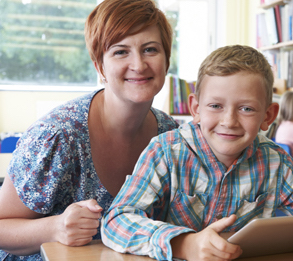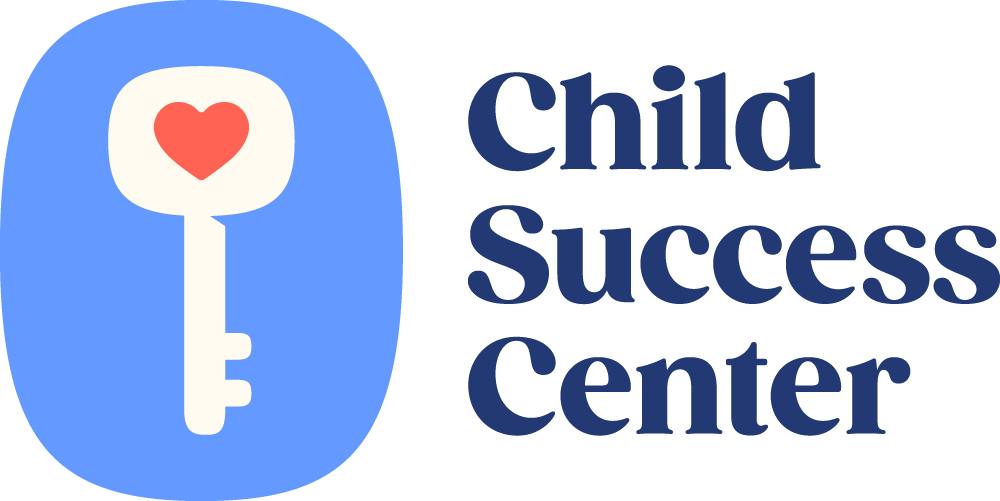How Can I Help My Child by Helping Myself?

“How do I help my child? What am I supposed to do?”
That is the question most parents ask when we begin speaking to them about their children’s developmental and learning challenges. It comes from a feeling of helplessness. They’ve either tried everything they know or they’re at the beginning of their attempts to make sense of things, and the myriad treatment options seem too overwhelming to make decisions about. The result is burnout or, worse yet, the inability to act. With knowledge and support, parents are empowered to act swiftly and confidently on their child’s behalf.

It takes a village to help my child.
You can’t do this alone, nor should you have to. The best thing a parent can do when seeking support for their child, is to get support for themselves. Parents are the ones helming the ship, and if the captain isn’t operating with optimal knowledge, the whole crew suffers. Self-care, groups, therapy resources, and just being kind to yourself, are all recommendations for parents. Give yourself a break – give yourself compliments – don’t give in to negative self-talk.
There’s no right or wrong way to find community and get support. Some parents prefer one-on-one meetings with a therapist, others prefer parent groups, while others find community in their yoga class or religious community. Podcasts, books, blogs, and online groups are great resources. Finding others to talk about these topics and share experiences, gives a parent a sense of belonging and connection as opposed to feeling isolated and alone.
At the Child Success Center we understand the hurdles and intricacies of parenting “outside the box” kids. We offer various opportunities for parents to learn how to continue and support in the home and school environments, the strategies that we work on with the kids during sessions.
Our goal is to provide the resources and tools needed to facilitate happiness and success for children and peace of mind for parents.
Parent Resources:
Behavioral Therapy – A child’s problematic behavior may, in actuality, be the resulting reaction to any number of unseen factors. Our therapists work closely with family members to help determine what lies beneath the surface of the behavior, including a variety of sensory, social emotional, environmental, and physical issues.
Child Success Foundation Parent Support Group
Child Success Foundation Annual “Outside the box” Child – Educational Conference

